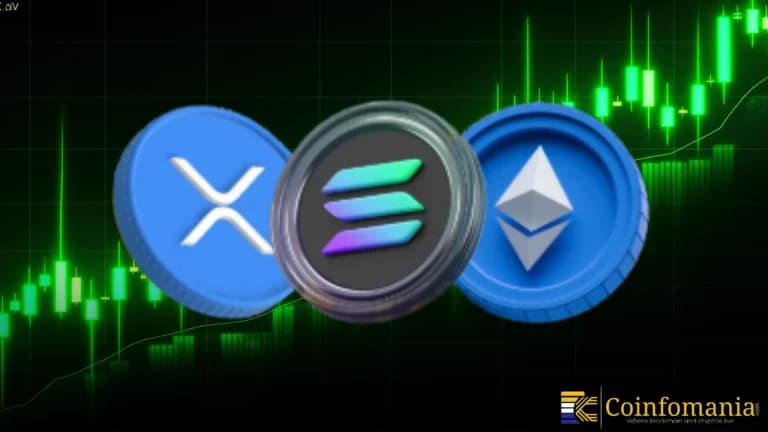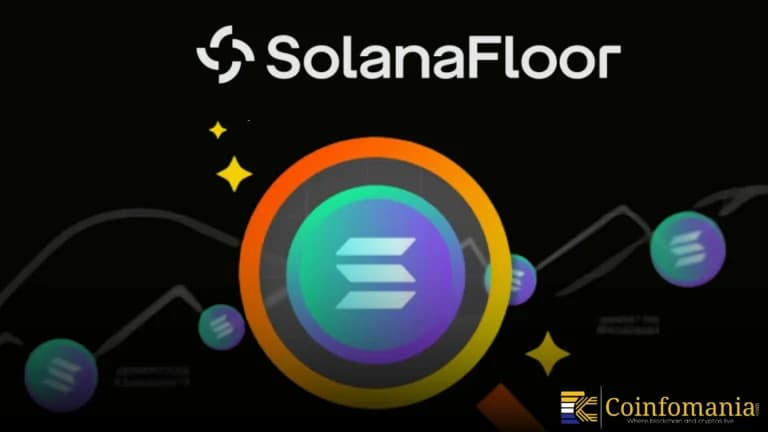Maelstrom’s Bitcoin Grant Shift Redefines Developer Power in a Decentralized Future
Arthur Hayes’ Maelstrom fund backs Bitcoin coders with grants up to $250K, signaling a major decentralization push in developer governance.

Quick Take
Summary is AI generated, newsroom reviewed.
Maelstrom offers up to $250K annually for open-source Bitcoin development and privacy tools
Focus is on long-term, censorship-resistant contributions—not commercial or corporate initiatives
Grants empower developers directly, reducing dependency on centralized foundations
The model may redefine how decentralized ecosystems fund and maintain core infrastructure
Maelstrom Bitcoin Grants Rewire Power Structures in Open-Source Development
Arthur Hayes’ family office, Maelstrom, has launched a developer grant initiative that may reshape the decentralized software funding landscape. While most headlines focus on grant amounts, the larger shift is about empowering independent developers to direct Bitcoin’s evolution without relying on centralized institutions.
Grants range from $50,000 to $150,000 per year, with top-tier awards stacking up to $250,000 annually. Monthly disbursements in BTC, USDT, or USDC align developer incentives with the crypto-native ethos. Unlike VC-driven crypto projects, this program funds non-commercial contributions like code reviews, bug patches, and privacy upgrades to Bitcoin Core.
Applications are evaluated by a review board that includes Hayes and other domain experts. This model bypasses corporate influence, instead offering long-term funding tied to transparent technical merit and peer-reviewed contributions. The strategy reflects a broader ideological pivot—where capital supports protocol health, not profit. As institutional money enters crypto, Maelstrom’s move roots power back in open-source engineering, free from short-term tokenomics.
First Recipients Reflect the Program’s Mission of Privacy and Independence
Early awardees signal the program’s focus on practical impact rather than hype. Developer Ben Allen secured $100,000 to advance the Payjoin Dev Kit, a privacy-preserving tool that breaks transaction linkages, increasing anonymity in everyday Bitcoin use. Another grantee, Rkrux, a Chaincode Labs alumnus, will dedicate full-time efforts to reviewing Bitcoin Core code—an area often neglected due to a lack of funding. Their work aims to strengthen censorship resistance and core infrastructure without introducing new financial instruments or risky forks.
Instead of funding flashy DeFi tools, Maelstrom is rewarding critical yet invisible contributions that keep Bitcoin secure, lean, and private. This contrasts with prior funding models dominated by exchanges, corporations, or ecosystem-aligned foundations. These selections are also designed to inspire a new generation of Bitcoin contributors who may have lacked access to meaningful, independent financial support. In turn, this strengthens decentralization not just in protocol governance, but also in who gets to build the future.
A Decentralization Milestone in Developer Funding Models
Maelstrom’s grant structure reflects a deeper shift away from traditional power centers in crypto development. With spot ETFs drawing regulatory and institutional eyes to Bitcoin, ensuring the underlying protocol remains open and independently maintained has become a priority. Rather than waiting for centralized entities to support updates, this program puts that power directly in the hands of developers who earn it through technical credibility.
It also addresses Bitcoin’s long-standing “volunteer maintenance” problem—by offering livable, long-term income for independent contributors. This could signal a new trend: decentralization not just in code or tokens, but in the economics of contribution. With up to $250,000 in non-equity, non-custodial support per developer, Maelstrom is designing a parallel financial system for developers—one that honors Bitcoin’s roots while preparing for its future.
Follow us on Google News
Get the latest crypto insights and updates.
Related Posts

GLOBAL OIL SHOCK FEARS — Strait of Hormuz Threat Sparks Panic Across Crypto Markets
Triparna Baishnab
Author

Solana Adoption: Banks and Governments Are ALL IN?!
Triparna Baishnab
Author

RIPPLE PUSHES BANKS TO ACT — Clarity Act Could Reshape Crypto Rules
Triparna Baishnab
Author